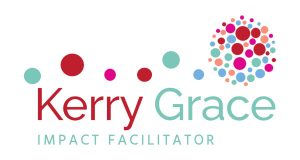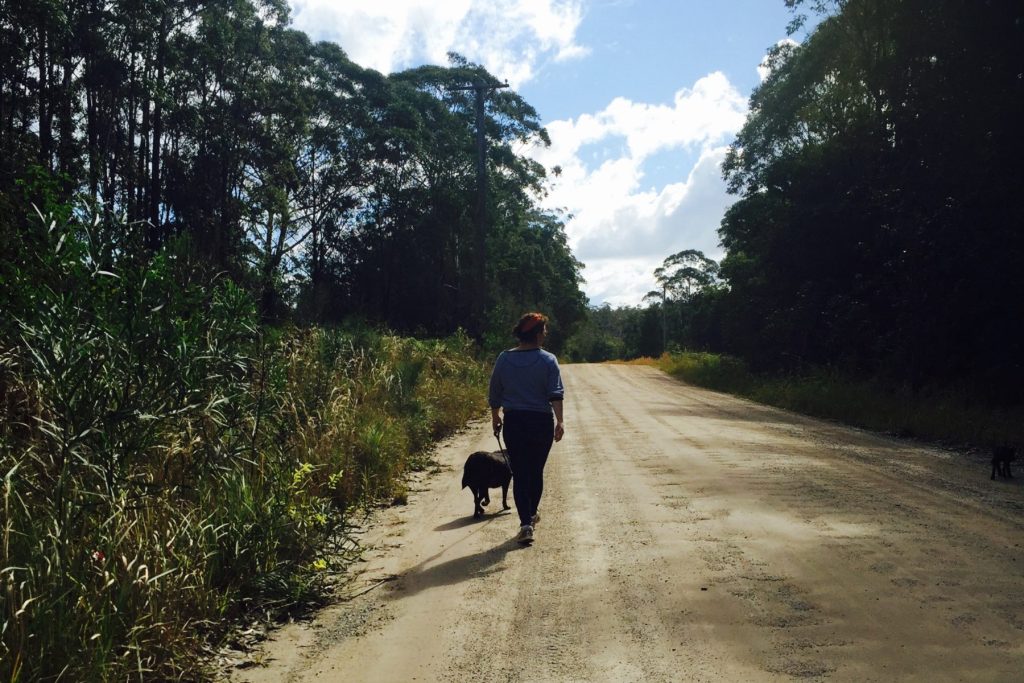What legal structure operate within is a challenge that many impact practitioners face at some point.
The story usually goes something like this…
Step 1: Have a great idea to create positive change in someone’s life
Step 2: Become highly excited, search, search, learn, learn, shuffle contradictory advice
Step 3: Fuelled with filtered compliments decide to go ahead and make it a reality
Step 4: Setup a not for profit organisation (or, as you’ll discover it’s actually an ‘incorporated association’ which might be registered as a charity with the Australian Charities and Not for Profit Commission (ACNC), or perhaps an Aboriginal Corporation registered with the Office of the Registrar of Indigenous Corporations (ORIC) with benevolent intentions enshrined within it’s constitution (yes, you need to create a constitution).
But it’s not just setting up a not for profit. It’s getting a board, it’s learning the legal implications of the legal structure, it’s dealing with compliance and at times ambiguous terminology, it’s reporting to your public and funding bodies and above all it’s keeping your nose clean – because we all know how tall poppy vindicating Australian’s love a good knee chopping, particularly when it’s of the good turned not so great variety, just ask Belle Gibson.
Now, I take no legal responsibility for the following statements, if you want advice of that nature look here (The Not for Profit Law Information Hub) for a very comprehensive guide.
Let these sobering facts wash over you:
- There are around 600,000 not for profit organisations in Australia at the present moment
- There is currently 53,965 charities registered with the ACNC (which means they are not for profits who receive Deductible Gift Recipient status).
- In April 2015 the ACNC distributed a media release letting the Australian public know that 6,000 of those charities were non-compliant and risked de-registration.
- Tired, overworked and underpaid is not, ever a plausible excuse for not turning in compliance paperwork on time.
- If your legal structure is an incorporated association or Aboriginal Corporation you will be governed by a board. That board MAY outweigh your decisions, even though you may be the founder.
- If you are the founder of a not for profit and want to seek employment via your entity there will be both ethical and legal concerns that you will need to consider.
But… I still want to do social good – where do I start?
The BEST place to start, particularly if you’re new to social impact / doing good / social enterprise is to find other, already existing organisations in your area and build a relationship with them with the idea of ultimately forming one or some of the following options:
- A volunteer experience
- A role
- An ‘auspicing’ partnership
- A business partnership
- Who knows – you may even find an opportunity to join their board or committee
There are so many ways to do good – starting a not for profit is usually the quickest way to get bogged down in red tape and forget why you started in the first place.



